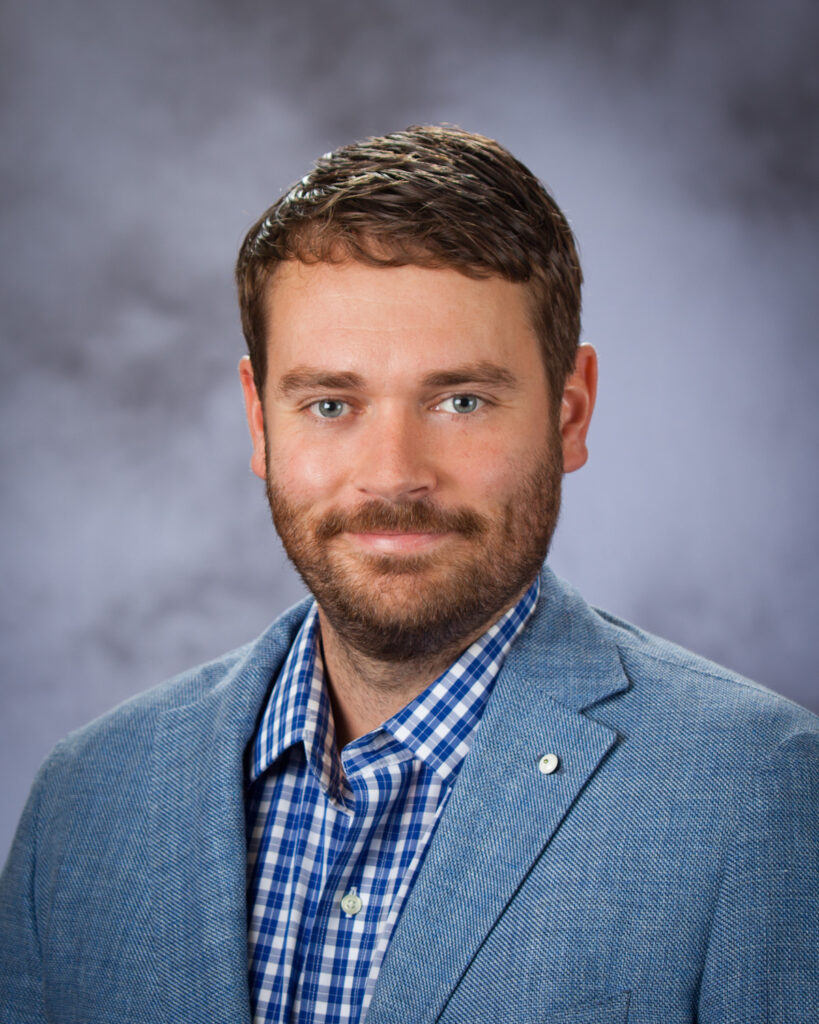Vermont Captive is featuring a series throughout the year highlighting companies and people that service the captive insurance industry. This post features a seasoned but younger economic and macro strategist who discusses his journey so far in the Captive industry.
 Scott is a member of Performa, a boutique investment manager that is 100% focused on providing customized investment solutions for captives of all shapes and sizes, with offices in Vermont, South Carolina and Bermuda. Scott lives in Vermont and works out of the firm’s Vermont office.
Scott is a member of Performa, a boutique investment manager that is 100% focused on providing customized investment solutions for captives of all shapes and sizes, with offices in Vermont, South Carolina and Bermuda. Scott lives in Vermont and works out of the firm’s Vermont office.
Scott is Performa’s Economic and Macro Strategist, responsible for developing the firm’s views on economic outlooks; based on those outlooks, he helps to shape Performa’s investment strategies and portfolio positioning. Because the wise investment of funds plays such a critical role in whether a captive is successful, we wanted to learn more about Scott and what he does.
How did you become involved in the captive industry?
I don’t think I even knew what a captive was until a decade ago. Early in my career I worked at Dwight Asset Management, a fixed-income investment management firm for institutional clients, as a quantitative analyst and associate portfolio manager. After I finished graduate school, Performa was expanding its presence in the U.S. and that’s when I made the move to the captive industry. While new to the industry, I was fortunate that the financial skills I had developed were easily transferable and served as a good foundation.
Why is investment management important for captives?
We always like to remind people that a captive’s investment program is there to support the overall health and functioning of the captive and is not there as a means to take on excessive market risk. Money invested from premiums can earn a rate of return that can help offset the expenses of operating the captive, provide coverage for claims and build surplus over time. Ultimately the primary goal is to have a well-run insurance company; a successful investment program can help put a captive in a position of financial strength.
Do you have other duties at Performa?
Yes, I think education is important not only for myself but others in the industry as well. I’ve attended and spoken at a number of captive insurance conferences, including the Vermont Captive Insurance Association, amongst others around the country. I’ve also spoken about the captive industry with business students at the University of Vermont. Having an informed, well-educated community only strengthens the captive industry.
Additionally, I’ve taken an active interest in recruiting for Performa. I genuinely enjoy it and, of course, it’s important to make sure we have the right people. For college grads, we’ve been recruiting mostly in Vermont from the University of Vermont, Champlain College, St. Michael’s College and Middlebury College.
What do you enjoy most about your job?
I love that things are constantly changing and evolving – always something new to learn– from exploring interesting problems that often require innovative ideas to solve, to learning about a variety of different businesses and industries. Plus, because many captives are owned by industry leaders, you get exposure to some high-powered boards, which is informative. Despite what the perception may be, working in the insurance industry is not boring.
What challenges do you see for the captive insurance industry in the future?
Well, like lots of industries right now, it is hard to find and recruit new talent. I think we, as an industry, need to do a better job raising awareness on college campuses locally. Making sure that rising Juniors and Seniors understand they don’t need to leave the state upon graduation to find work. Often there are quality, well-paying jobs at high caliber firms quite literally, right down the street from their college or university. To compete I think firms will need to bump up recruitment efforts and internship opportunities.
This isn’t really a challenge as much as it’s a current trend to be aware of, but ESG (Environmental, Social, and Governance) investing has gotten a fair amount of attention recently. At a high level, the idea is that investors consider these non-financial components when making investment decisions. If a captive is interested in exploring ESG, we think that is great and have had those conversations with clients. However, we believe that captives should be careful – ESG is still evolving and you need to do your homework to make sure the product under consideration truly achieves the desired objectives.
What does Vermont bring to the table as a domicile for captives?
We work with several captive domiciles and are agnostic as far as which domiciles to use. That said, I do think it’s fair to say that the Vermont regulators are accessible, experienced and provide a predictability that is much appreciated. Plus, the strength of captive service providers – from captive managers to investment management, accountants, attorneys, and more – provides added value.
What do you do for fun in Vermont?
In addition to spending time with my family, I run…a lot. Running has been in my blood for many years and is pretty much a year-round activity for me. I’ve done several marathons and, more recently, gotten into mountain marathons where, as its name implies, you are running on mountainside trails. I love both the physical and mental challenges as well as the camaraderie with the other racers.
To learn more about working in the Vermont captive industry check out our careers page at vermontcaptive.com/careers/.


